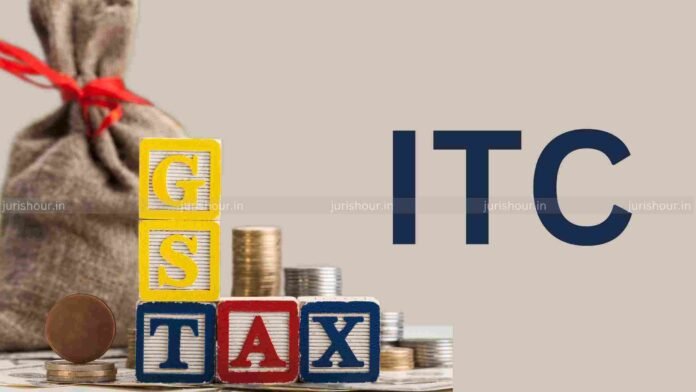Claiming Input Tax Credit (ITC) under the Goods and Services Tax (GST) regime helps businesses reduce tax costs and avoid cascading taxes. However, while availing ITC is relatively simple, retaining it requires compliance and vigilance. Any wrong claim or ineligible credit can lead to ITC reversal with interest and penalties.
This article decodes the key scenarios where ITC needs to be reversed — in plain, practical terms.
What is ITC Reversal?
ITC reversal means that the taxpayer must pay back (or reduce) the Input Tax Credit previously claimed, either because it was ineligible or because of subsequent events that made it so.
In simple words:
You initially claimed credit for the tax you paid on purchases. But later, due to ineligibility, non-payment, or using the goods for exempt or personal purposes, you must reverse that credit.
ITC Reversal for Non-Business or Exempt Use (Rule 42 & 43)
When goods or services are used for both taxable and exempt or non-business activities, you cannot keep the full ITC. You must reverse it proportionately.
Example:
If 20% of your turnover relates to exempt supplies, then 20% of your ITC must be reversed.
Relevant Rules:
- Rule 42: Inputs and input services used partly for exempt or personal purposes.
- Rule 43: Capital goods used for both taxable and exempt supplies.
ITC Reversal for Non-Payment to Vendor within 180 Days (Rule 37)
If you fail to pay your supplier within 180 days from the date of invoice, you must reverse the ITC claimed on that purchase.
Interest: 18% per annum applies from the date of availing the credit until the date of reversal.
Good news:
Once you pay the supplier later, you can re-avail the credit.
Goods Lost, Stolen, or Destroyed (Section 17(5)(h))
ITC is not available on goods that are:
- Lost
- Stolen
- Destroyed in fire or accidents
- Given away as free samples or gifts
If ITC was already claimed on such goods, it must be reversed immediately.
Change in Use of Capital Goods (Rule 43)
If capital goods initially used for taxable supplies are later used for exempt supplies or personal purposes, proportionate ITC reversal is required.
Formula-based calculation:
Reversal is made for the remaining life of the asset (considered five years from the date of purchase).
Credit Notes or Purchase Returns
When the supplier issues a credit note (for discounts, short supplies, or price reductions), or when purchased goods are returned, the corresponding ITC must be reversed.
This ensures that ITC is only retained on the net taxable value of goods or services received.
Opting for Composition Scheme
When a taxpayer switches from the Regular GST scheme to the Composition Scheme, they can no longer claim ITC. Hence, they must reverse:
- Unutilized ITC on inputs
- ITC on semi-finished or finished goods
- ITC on capital goods held on the date of transition
Supply Becomes Exempt or GST Registration Cancelled
If your outward supplies become exempt or your GST registration is cancelled, you must reverse ITC on:
- Stock held
- Inputs in semi-finished or finished goods
- Capital goods (proportionately for remaining useful life)
This ensures ITC is not retained for supplies that are no longer taxable.
ITC Mismatch with GSTR-2B
ITC can only be claimed if it appears in your GSTR-2B (auto-generated from suppliers’ GSTR-1).
If ITC is wrongly availed based on unreported invoices or mismatched data, it must be reversed immediately to avoid a demand under Section 73 or 74.
Tip: Regular monthly reconciliation between purchase registers and GSTR-2B is essential.
Interest and Penalty Implications
- Interest: 18% per annum from the date of wrong availment till the date of reversal.
- Penalty: If reversal is made voluntarily before notice, penalty under Section 73(5) can be avoided.
Proactive compliance helps minimize disputes and avoid audit red flags.
Key Takeaways
- Claim only eligible ITC
- Reconcile GSTR-2B monthly
- Pay vendors within 180 days
- Reverse promptly to avoid interest and penalty
- Maintain clear documentation of ITC adjustments
Conclusion
ITC reversal is not just an accounting formality — it is a compliance safeguard. Understanding when and how to reverse ITC ensures smooth GST operations, accurate tax reporting, and reduced scrutiny during audits.
A small lapse today could result in a demand notice tomorrow, so when in doubt, review your ITC ledger carefully and make timely corrections.
Read More: Improper Disposal of Seized Gold: CESTAT Orders Customs Dept. To Pay Market Value to Passenger

